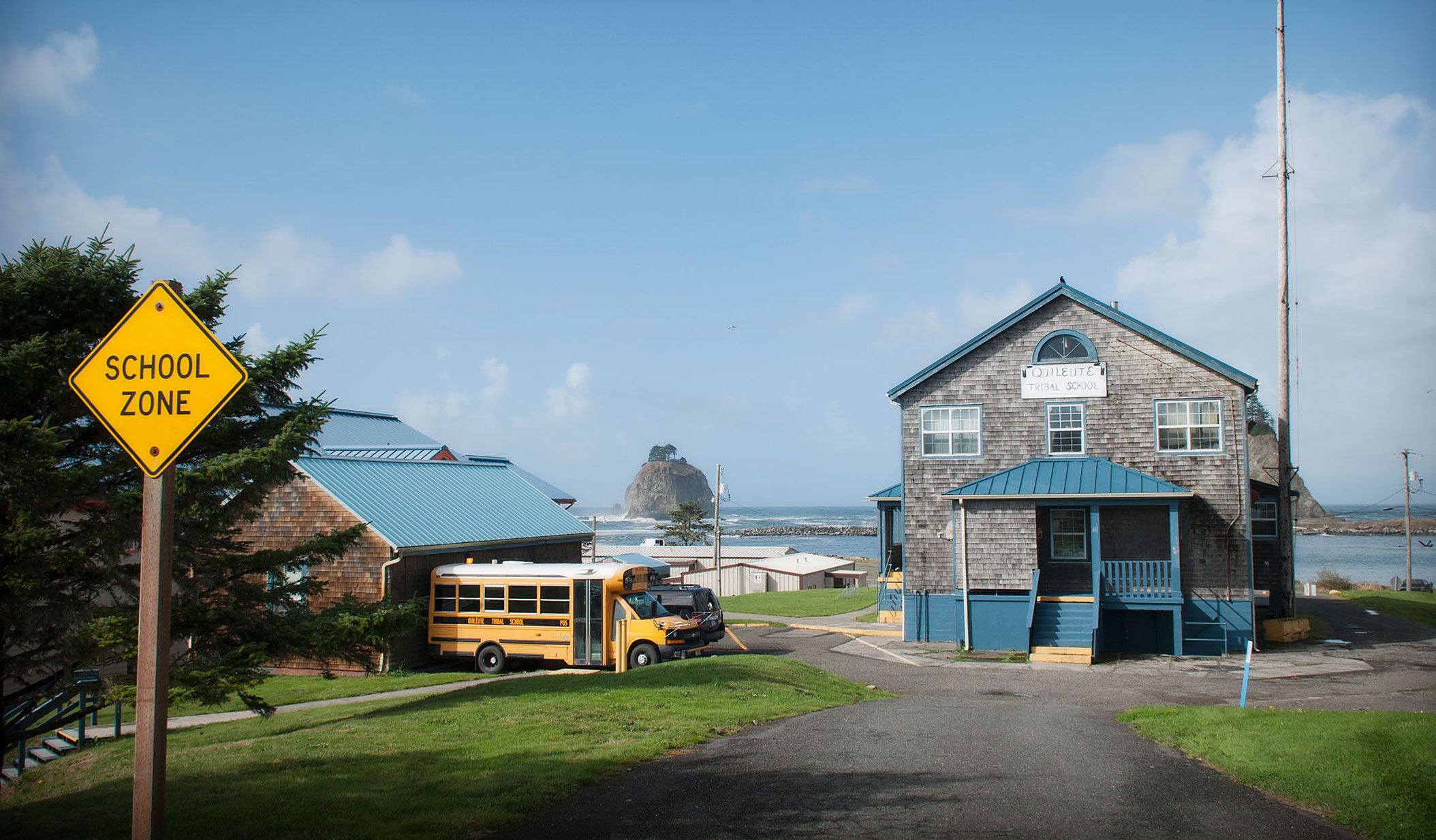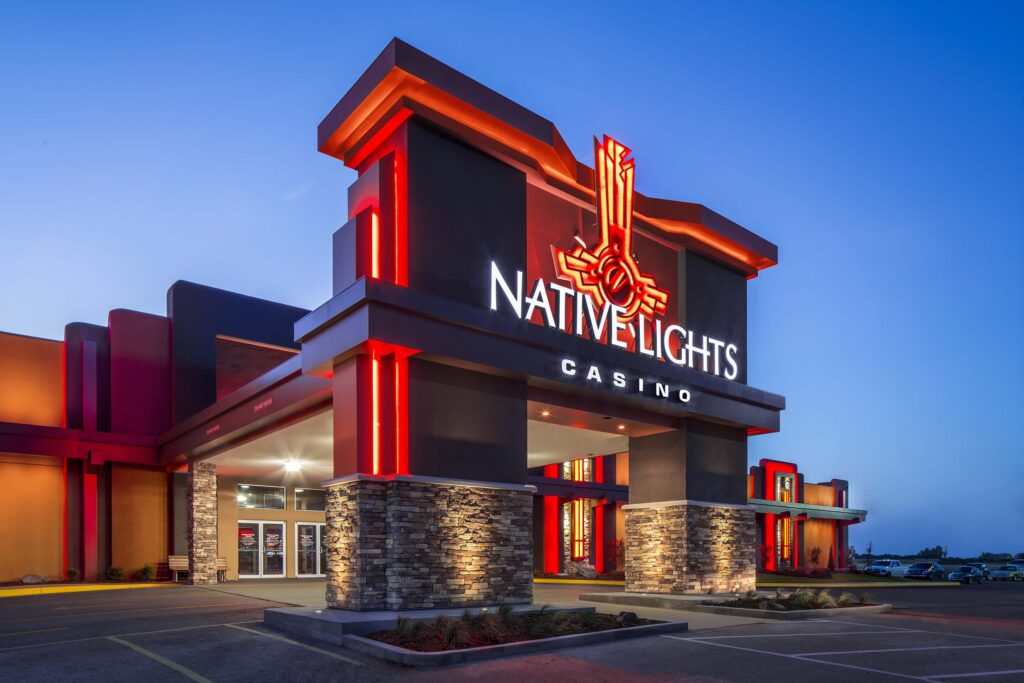Native American Casino Royalties
What percentage of Native American blood do I need to be in a tribe? How much American Indian blood is required to be considered Native American? Native Americans are the people who consist one of the more than five hundred (500) distinguished tribes that still endure as sovereign states with the United States’ present geographical boundaries. Much like federal revenue, revenue from natural resource extraction on Native American land is collected in each phase of the production process (for instance, companies pay bonuses to secure rights, rents during exploration, and royalties once production begins).
The Harrah’s Cherokee Casino in the Smoky Mountains of North Carolina opened in 1994 to mixed feelings on the part of the residents of the small mountain city, but has since proved to be a winner. The casino is situated on the Eastern Band of Cherokee Indian Reservation one mile from the downtown area. Native Americans To Soon Receive Settlement Checks Those treaty responsibilities include agreements dating back to the 1800s that made the U.S. Government the trustee for huge swaths of tribal land.
NPR’s sites use cookies, similar tracking and storage technologies, and information about the device you use to access our sites (together, “cookies”) to enhance your viewing, listening and user experience, personalize content, personalize messages from NPR’s sponsors, provide social media features, and analyze NPR’s traffic. This information is shared with social media, sponsorship, analytics, and other vendors or service providers. See details.
You may click on “Your Choices” below to learn about and use cookie management tools to limit use of cookies when you visit NPR’s sites. You can adjust your cookie choices in those tools at any time. If you click “Agree and Continue” below, you acknowledge that your cookie choices in those tools will be respected and that you otherwise agree to the use of cookies on NPR’s sites.

WASHINGTON (CN) – Casino giant MGM filed a federal lawsuit Wednesday claiming that two Native American tribes got an effective monopoly on gambling in Connecticut through a new deal with the government.
Taking aim at the Interior Department, MGM says the government illegally approved changes to an agreement with the Mashantucket Pequot and Mohegan tribes that allowed the tribes to open a casino in East Windsor, Conn., just 12 miles from a new MGM property.
“Interior’s approval decisions establish an unlawful state-conferred monopoly over commercial gaming rights in Connecticut,” MGM Resorts International said in a statement about its lawsuit filed in D.C. federal court Wednesday. “These decisions also stand in the way of an open, competitive process that MGM believes would result in a better deal for the people of Connecticut.”
The Mashantucket Pequot and Mohegan tribes each run large casinos on their reservations in southeastern Connecticut, the only two casinos in the state. The tribes operate Foxwoods and Mohegan Sun, respectively, under an agreement with the U.S. government, and Connecticut gets a 25% royalty on revenue from slot machines under a separate deal with the state.
Under the deal with Connecticut, the tribes have to pay the royalty only so long as they remain the only entities allowed to run casinos in the state.
Native American Casino Royalties No Deposit


MGM began work on a casino in Springfield, Mass., in 2015, with the 125,000-square-foot gaming floor opening in 2018. The MGM casino sits just across the state line from Connecticut, and the company says it has spent more than $1 million on advertisements in the Nutmeg State since the casino opened.
Seeing the competition building just across the border, Connecticut enacted a law giving the tribes authority to open up a new casino that would not be built on a reservation. The tribes chose the town of East Windsor for the casino, putting a major competitor just 12 miles from the new MGM development.
To do this, the state and the tribes had to make changes to the agreements that allowed the tribes to operate Foxwoods and Mohegan Sun on their reservations. As required under the Indian Gaming Regulatory Act, the tribes and the state submitted these amendments for approval from the Department of the Interior in August 2017.
The agency initially returned the amendments, asking for more information about them. But after the tribes and state filed a federal lawsuit seeking a court order directing the agency to sign off on the amendments, the department reversed course and approved the changes in June 2018.

Since then, MGM has tried to bid on casino projects throughout Connecticut, but with no luck.

In the 33-page lawsuit, MGM says the explanation is simple: The changes the Department of the Interior approved give the tribes a competitive advantage in any bid for a casino project because the state can allow the tribes to open up new casinos without jeopardizing its cut of the slot machine revenue from Foxwoods and Mohegan Sun.
Native American Casino Royalties Bonus
If MGM were to open up a casino in the state, on the other hand, Connecticut’s share of the profit would disappear.
Looking to undo this state-backed “monopoly,” MGM says the Department of the Interior did not have authority to approve the amendments because they have nothing to do with gaming on tribal lands.
“For the first time in the agency’s history, Interior approved amendments that authorize a commercial casino, owned and operated by a tribal joint venture, on non-tribal land,” the complaint states.
The company also says the agency could not have approved the amendments because it returned them when it requested more information, meaning they were no longer pending before the department when it approved them.
Finally, the company argues the agency did not do enough to explain its decision.
The Department of the Interior did not immediately return a request for comment on the decision.
Neither tribe is a party to the lawsuit in Washington, but Andrew Doba, a spokesman for their joint venture, called the lawsuit frivolous.
“MGM pursues litigation because that’s what MGM does,” he said.
“The choice for Connecticut policymakers can’t get any clearer,” Doba added. “We can either let a Las Vegas company that generates not one dime of revenue for the state push us around or we can stand strong with the tribes and an industry that’s generated more than $8 billion in tax revenue and currently employs 18,000 people.”